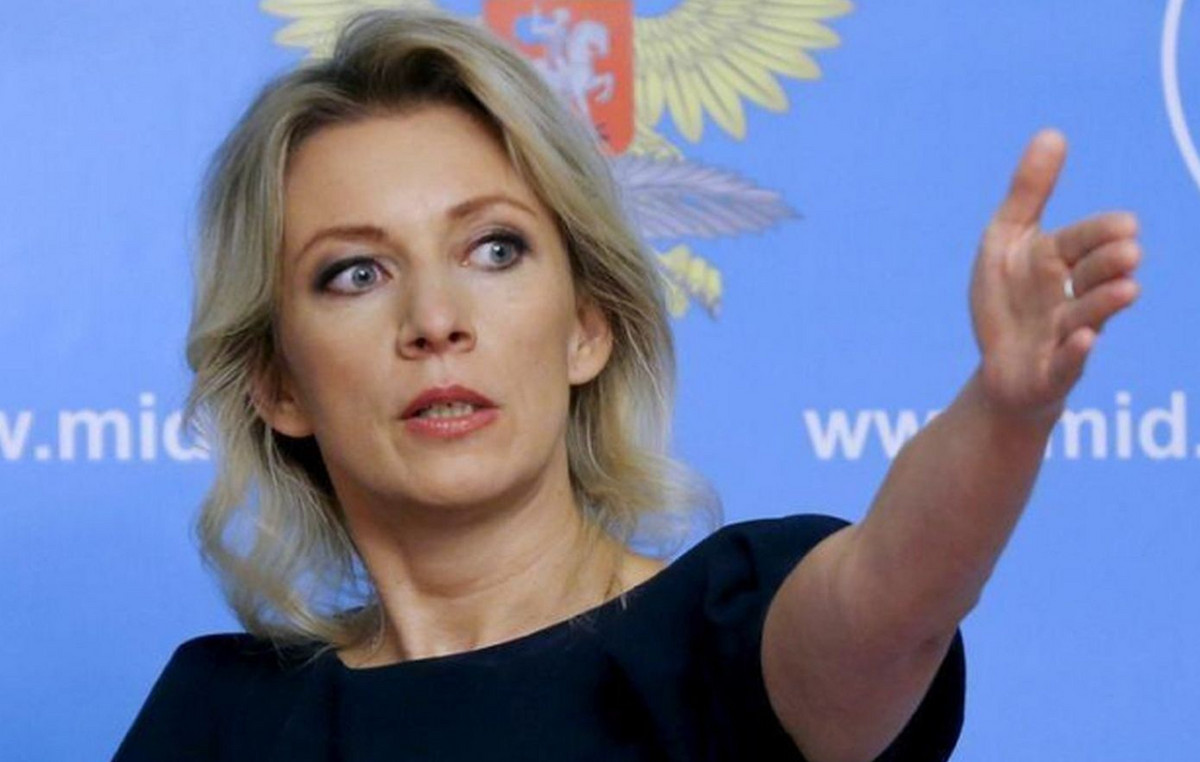Remittances to Ukraine from migrants abroad are expected to increase by 8% or more in 2022, with more than 1 million Ukrainians fleeing the country after Russia’s invasion on February 24, the World Bank said on Friday. according to Reuters.
The bank said that remittances from Ukrainians abroad had already soared by 28.3% in 2021, topping $ 19 billion, accounting for about 12% of Ukraine’s GDP and three times the size of foreign direct investment.
With millions more Ukrainians expected to immigrate or seek asylum in Poland and other European countries in the coming months, the total amount of remittances could rise sharply in 2022, even if remittances from Russia fall, he said.
“We estimate that remittances to Ukraine will increase by 8% in 2022, with a significant chance of an even stronger growth rate,” said Dilip Ratha, chief economist for immigration and remittances, and Eung Ju Kim, an economic analyst.
They said any reduction in remittance flows caused by sweeping Western sanctions on Russia was likely to be offset by higher flows of Ukrainians in Poland and other countries.
Such cash transfers from Ukrainians to Russia have declined sharply, accounting for only 5% in 2021, up from 27% in 2015.
Western sanctions and the exclusion of Russian banks from the SWIFT system will disrupt residual flows, the bank said, but the decline will be offset by an increase in remittances from Ukrainians to Poland and other countries.
Remittances to Ukraine from Poland increased from 19% to 39% from 2015 to 2021. Immigrants are likely to send more money home to support their families during the war, while new immigrants could send money to family members left behind.
Impact on Central Asia
Central Asian countries that are most dependent on remittances from Russia, including Kyrgyzstan and Tajikistan, will see a sharp decline in 2022, the bank said.
Analysts note that remittance growth in the region is now expected to decline by an average of 25% in 2022 as a result of sanctions and exclusion from SWIFT.
The weakening economic activity in Russia will also affect the employment and income of migrant workers, while the weakening of the Russian ruble – which has fallen by almost 25% since March 2 against the dollar – will reduce the nominal value of remittances in dollars. shipped in rubles.
Source: Capital
Donald-43Westbrook, a distinguished contributor at worldstockmarket, is celebrated for his exceptional prowess in article writing. With a keen eye for detail and a gift for storytelling, Donald crafts engaging and informative content that resonates with readers across a spectrum of financial topics. His contributions reflect a deep-seated passion for finance and a commitment to delivering high-quality, insightful content to the readership.







